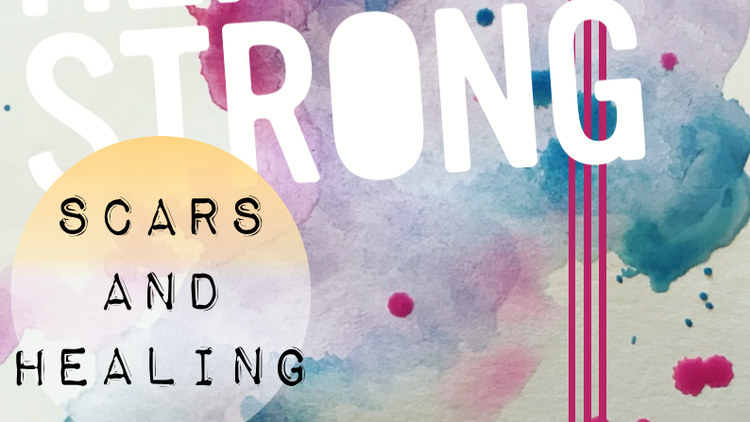Knowing your body

Understanding how your body is put together, what all the different parts are for, could help save your life when it comes to self-harm.
Go carefully in here, some of the information that follows is quite direct, so make sure you’re happy to keep reading – you can always come back later.
Understanding where everything is...
Do you know your veins from your arteries? Do you know the difference between tendons and muscles? Do you know which bit of your body suffers first if you overdose?
You need to know.
We do not advocate causing deliberate harm to your own body or anyone else's, but having some understanding of how your body works and how it's all put together can make a big difference.
Your body is a miracle - a wonderful network of bones, blood vessels, muscles and tendons encased in layers of skin. Some of us have more fat than others, some of us may be slightly hairier and we are all different heights, widths and lengths. Most of us have two eyes, ears, kidneys, arms, legs and lungs (while others manage just fine with one), and we all have a heart, brain and liver. Everything has a place and everything has a function. However, the body is only designed to take so much abuse, and learning to take good care of our bodies is an important part of recovery.
Why don't you take some time out to consider where you hurt yourself? How much do you really know about that area of your body? Can you self-harm and still be kind to yourself?
Tendons and stuff...
The deeper you cut, the more layers you go through. You have skin, fat, muscle, veins, arteries, tendons, nerves and bone. If you cut a tendon or major nerve then serious damage can be done. Tendon damage can result in permanent loss of the use of limbs and extremities (i.e. arms, legs, fingers, toes). If you sever a tendon you are risking the loss of that limb, even with medical attention. Nerve damage can result in permanent pain, and in the worse possible case, paralysis.
Bones, if you cut deep enough, will not look pearly white as some may imagine. They may be a bluish-grey colour and seeing them is always a sign that things have gone too far. Your bones hold you together, they make up who you are and enable you to move, sit, stand; they are your frame.
The emotional pain you feel is directed at your body, but your body cannot always cope with or accommodate the injuries you inflict upon it. Your body can only take so much, so let is help you to help yourself stay intact.
Being Hungry...
Some people may harm themselves by depriving themselves of food. We live in a culture that promotes slimness and shuns anyone who may be considered overweight. In actual fact, being underweight is possibly more damaging to your health than being a few pounds overweight. Extremes are never good - being very underweight or very overweight are equally dangerous in their own way. Starving yourself deprives your body of the vital nutrients, calories and fat needed in order to function, while overloading your body causes as much harm, asking the human frame to cope with more weight than it has been designed to hold.
Some people may struggle with food to a degree that they qualify for a diagnosis of Anorexia Nervosa, Bulimia Nervosa, Compulsive Eating Disorder or Eating Disorder Not Otherwise Specified (EDNOS), while others may know they are not eating properly without needing to be diagnosed. It raises bigger questions about what normal eating even looks like; sometimes it feels like everyone is on a diet, so what is normal?
Eating disorders are the biggest cause of mental health-related death. That's right, the biggest cause of death. You may have starved yourself for 2 years, but you may not last a third. You may have made yourself vomit after every meal for the last six months, but your body may not tolerate a seventh. You may binge uncontrollably on food six days a week, but your body may be screaming from the strain. Saying this won't make you stop the behaviour, this much we do know, but we need to highlight the dangers of extreme eating habits. The human body is designed to cope with all things in moderation. As we've said before, the way you treat you body is an indication of your emotional health. You can't fix one without the other.
If you're struggling with disordered eating, we recommend getting in touch with our friends at BEAT.

Scars and Healing
Many of us have scars and summer can be a time where we feel more self-conscious of people noticing them. Lois gives us some practical advice around how to not just look after scars and see them as part of your life's story but also how to disguise them if you need to.

